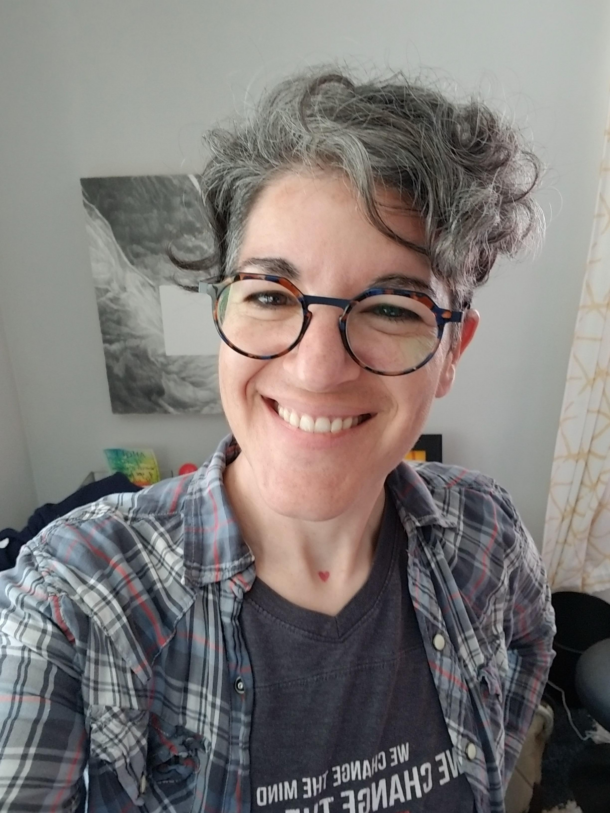We are fans of The Blacklist, the crime show where James Spader plays a fabulously bizarre crime superstar, Raymond Reddington. By his side, and arguably the most interesting and underutilized character of the series, is Dembe Zuma played by Hisham Tawfiq.
Dembe is Reddington’s bodyman and best friend. He stands in as Reddington’s conscience when he can, his anchor to as close to sanity as a crime bigwig can get. Throughout the show’s many seasons, we’ve seen Dembe kill and we’ve seen him prevent killings. We’ve seen him struggle with his role, consult with his imam, and return with uneasiness and determination.
When someone he loves is in jeopardy, Dembe’s there with guns blazing, literally.
When violence doesn’t fit the description of “necessary” as defined by his values and ethic, he tries to stop Reddington.
In that way, Dembe is a stand-in for most of us.
Most of us have the same spectrum within us, a large swath where violence just isn’t acceptable and the edge where it becomes not only an option but the option.
Where do your ethics and values put your lines?
What if, like so often happens in shows like The Blacklist, a loved one was held hostage until you committed murder?
What if your life was at risk?
How about your home? Your honor? Your way of life?
Most of us live our lines like we are Supreme Court Justice Potter Stewart describing obscenity during Jacobellis v. Ohio. Stewart famously said he couldn’t define hardcore pornography but, “I know it when I see it.”
That definition wasn’t good enough then and it sure isn’t good enough now, especially where we become permissive of – or even in support of – violent action.
This is not a conversation of when means justify ends, though we like to claim it as such. Instead, it’s a conversation of deciding whether we will admit, once and for all, that the means are the ends, whatever route we take.
Violence begets violence; it stems from and feeds into reactivity. It invites our most base impulses to make our decisions. And while it might lead to a result we want in the short-term, it creates problems that stretch far beyond the violent action.
While we focus on proving our lines for violence are more ethical, more just, than the Other’s line, we miss the more important question of whether we are willing to eschew violence altogether.
Releasing reactivity is a huge part of the work of creating your biggest self and baddest life; coaching is a powerful tool for moving toward responsiveness instead. Join a community doing the same work; The Bigger Badder Crew has a spot with your name on it, always.
